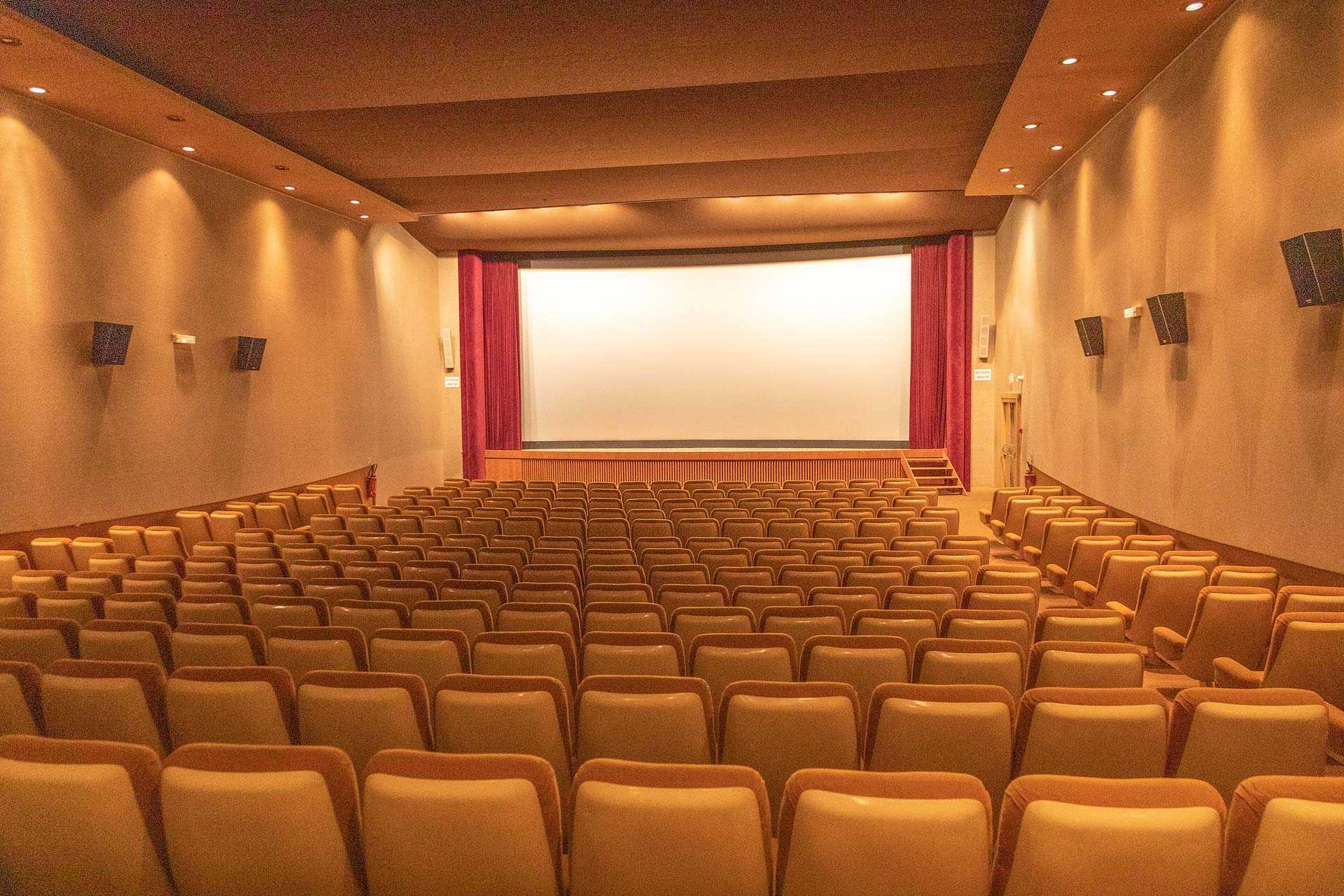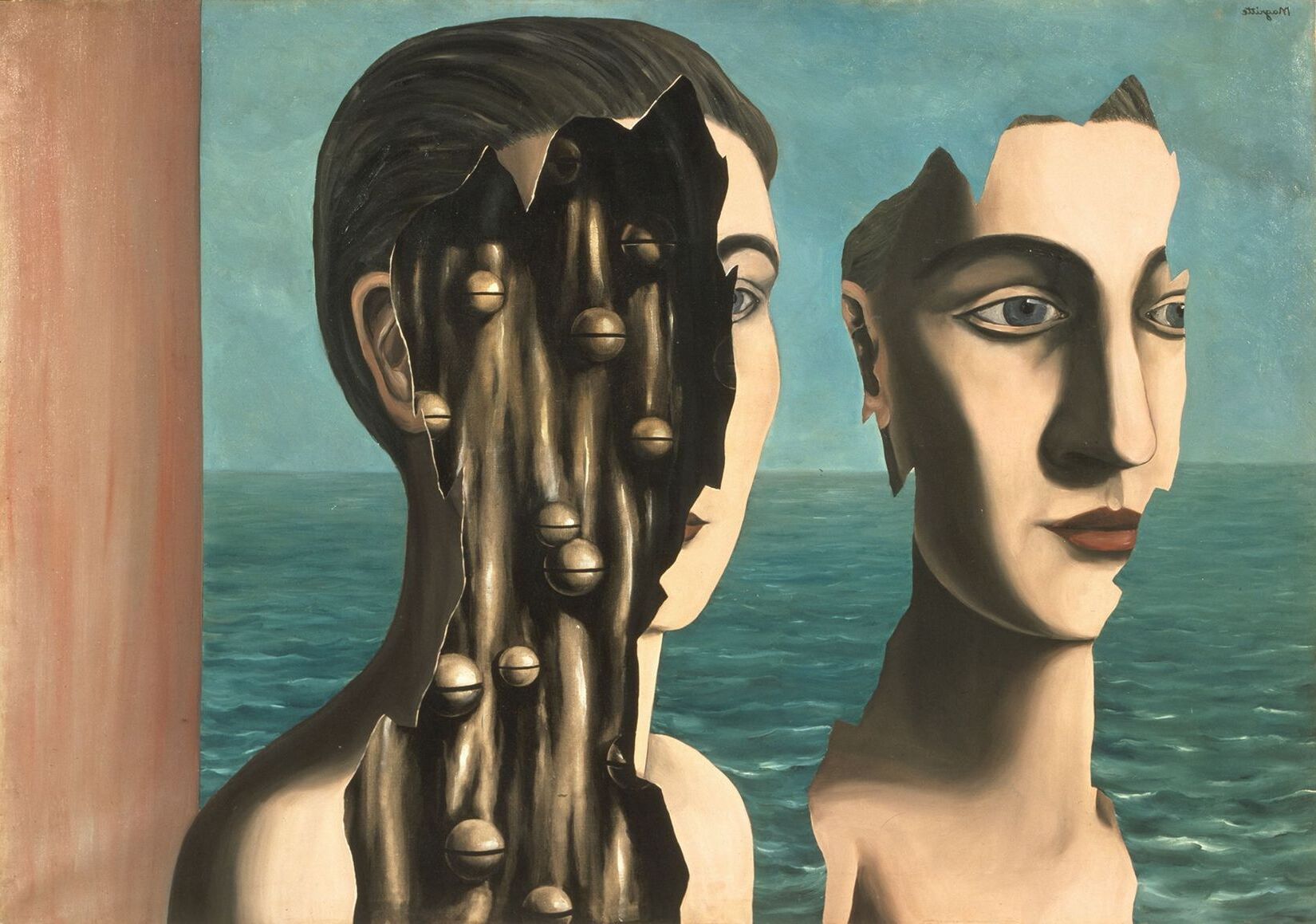
Cinema has been a beloved form of entertainment for over a century, captivating audiences with its magic and storytelling. From the silent films of the early 1900s to today's blockbuster hits, movies have evolved dramatically. But how much do you really know about the world of film? Did you know that the first feature-length film ever made was over 100 years ago? Or that the shortest film ever nominated for an Oscar was just two minutes long? Whether you're a casual viewer or a hardcore cinephile, these 35 facts about cinema will surprise and enlighten you. Get ready to dive into the fascinating history, quirky trivia, and behind-the-scenes secrets that make the movie industry so intriguing.
Key Takeaways:
- Cinema has a rich history dating back to the 19th century, with iconic films like "Gone with the Wind" and "Star Wars" leaving a lasting impact on culture and technology.
- Movies reflect and influence societal changes, from addressing taboo topics like HIV/AIDS in "Philadelphia" to celebrating African culture in "Black Panther."
The Birth of Cinema
Cinema has a rich history that dates back over a century. Here are some fascinating facts about its early days.
- The first public screening of a film took place on December 28, 1895, in Paris, by the Lumière brothers.
- Thomas Edison invented the Kinetoscope in 1891, a device for viewing moving pictures.
- The first film ever made is considered to be "Roundhay Garden Scene," filmed by Louis Le Prince in 1888.
- Georges Méliès, a French illusionist, is often credited with creating the first science fiction film, "A Trip to the Moon," in 1902.
- The first feature-length film was "The Story of the Kelly Gang," released in Australia in 1906.
Evolution of Film Technology
From silent films to CGI, technology has drastically changed the way movies are made and experienced.
- The first synchronized sound film, "The Jazz Singer," premiered in 1927, marking the end of the silent film era.
- Technicolor, a process for color filmmaking, was introduced in 1916 but became widely used in the 1930s.
- The first 3D film, "The Power of Love," was released in 1922.
- CGI (Computer-Generated Imagery) made its debut in the 1973 film "Westworld."
- "Toy Story" (1995) was the first entirely computer-animated feature film.
Iconic Films and Their Impact
Certain movies have left an indelible mark on cinema and culture.
- "Gone with the Wind" (1939) remains one of the highest-grossing films of all time when adjusted for inflation.
- "Star Wars" (1977) revolutionized special effects and merchandising in the film industry.
- "Psycho" (1960) by Alfred Hitchcock is considered a masterpiece of suspense and horror.
- "The Godfather" (1972) set new standards for storytelling and character development in films.
- "Titanic" (1997) was the first film to gross over $1 billion worldwide.
Awards and Recognition
Awards celebrate the best in filmmaking, and some have become legendary.
- The first Academy Awards ceremony was held in 1929, with only 12 categories.
- "Ben-Hur" (1959), "Titanic" (1997), and "The Lord of the Rings: The Return of the King" (2003) each won 11 Oscars, the most for any film.
- Meryl Streep holds the record for the most Oscar nominations for acting, with 21 nominations.
- Walt Disney won 22 Oscars, the most by any individual.
- The Palme d'Or is the highest prize awarded at the Cannes Film Festival, first given in 1955.
Global Influence of Cinema
Cinema is a universal language that transcends borders and cultures.
- Bollywood, the Hindi-language film industry in India, produces the most films annually.
- "Crouching Tiger, Hidden Dragon" (2000) is the highest-grossing foreign-language film in the U.S.
- The French New Wave, a film movement in the 1950s and 1960s, greatly influenced modern filmmaking techniques.
- Japanese director Akira Kurosawa's films have inspired countless Western filmmakers, including George Lucas and Steven Spielberg.
- Nollywood, Nigeria's film industry, is the second-largest in the world by volume.
Cinema and Society
Movies often reflect and influence societal changes and trends.
- "Guess Who's Coming to Dinner" (1967) tackled interracial marriage at a time when it was still illegal in many U.S. states.
- "Philadelphia" (1993) was one of the first mainstream films to address HIV/AIDS and homophobia.
- "Black Panther" (2018) became a cultural phenomenon, celebrating African culture and breaking box office records.
- "The Birth of a Nation" (1915) is controversial for its racist portrayal of African Americans but is also noted for its innovative filmmaking techniques.
- "Parasite" (2019) was the first non-English language film to win the Best Picture Oscar.
Fun and Quirky Facts
Cinema has its share of odd and interesting trivia.
- Alfred Hitchcock never won an Oscar for Best Director, despite being one of the most influential filmmakers.
- The longest film ever made is "Logistics," which runs for 857 hours (35 days and 17 hours).
- "The Blair Witch Project" (1999) is one of the most profitable films ever, made on a budget of $60,000 and grossing nearly $250 million.
- "Rocky" (1976) was filmed in just 28 days.
- The Wilhelm Scream, a stock sound effect, has been used in over 400 films and TV shows.
The Magic of Cinema
Cinema has a unique way of capturing our imaginations. From the silent films of the early 20th century to today's blockbuster hits, movies have always been a reflection of our dreams, fears, and aspirations. They transport us to different worlds, introduce us to unforgettable characters, and tell stories that resonate deeply. Whether you're a fan of classic films or modern marvels, there's always something new to discover in the world of cinema. Remember, every film has its own story behind the scenes, filled with fascinating facts and trivia. So next time you watch a movie, think about the incredible journey it took to get to the screen. The magic of cinema lies not just in what we see, but in the countless untold stories that make each film a masterpiece.
Frequently Asked Questions
Was this page helpful?
Our commitment to delivering trustworthy and engaging content is at the heart of what we do. Each fact on our site is contributed by real users like you, bringing a wealth of diverse insights and information. To ensure the highest standards of accuracy and reliability, our dedicated editors meticulously review each submission. This process guarantees that the facts we share are not only fascinating but also credible. Trust in our commitment to quality and authenticity as you explore and learn with us.


